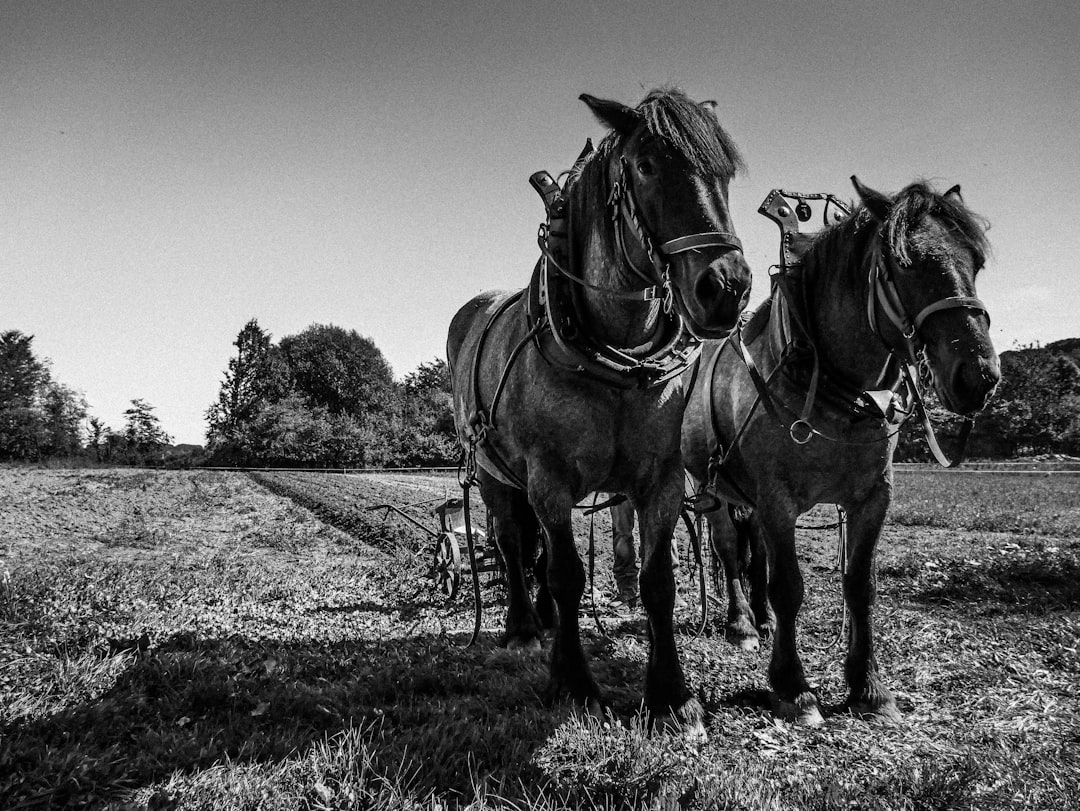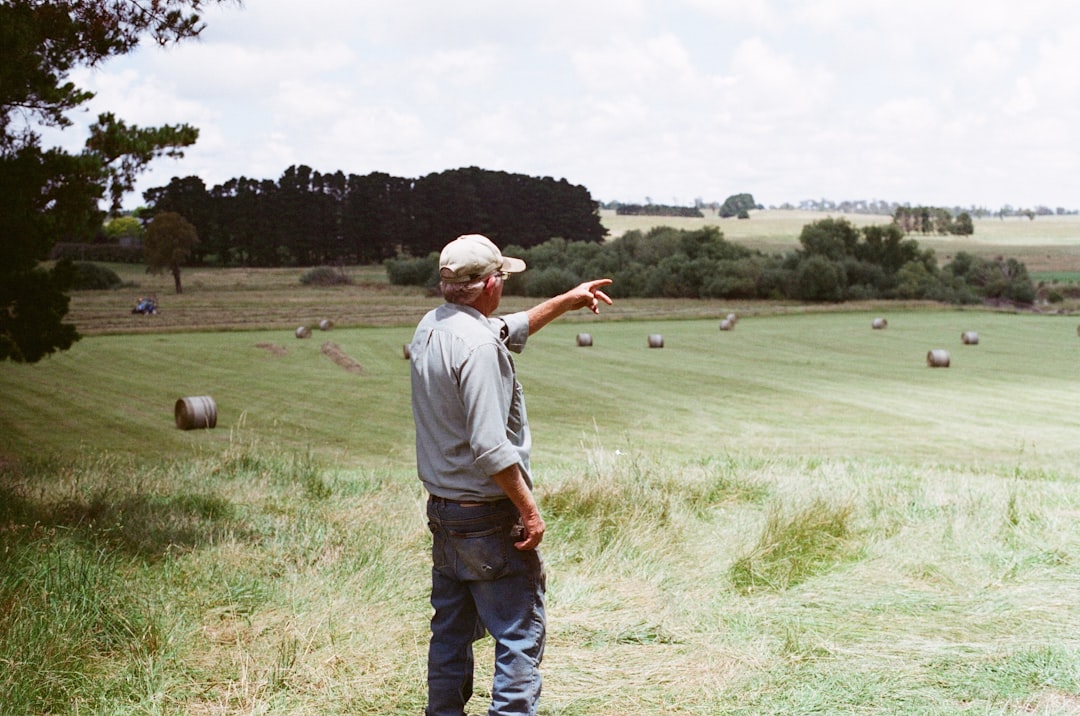Wendell Berry Reading Group No. 4 - Rugged Individualism
The forth in a series of posts guiding you through essays from Wendell Berry

Welcome to the fourth Wendell Berry Reading Group. We are making our way through essays from The World Ending Fire and this week we are looking at the short and provocative essay ‘Rugged Individualism’. For new subscribers, you can find the previous WBRGs in the links below. These posts are for paid subscribers only (but I give everyone a free preview of the first few questions). If you would like to sign up to access all these posts there is 10% off a yearly subscription (which is currently £20) here:
Previous posts
Essay summary
Hyper-individualism is one (if not, the) defining feature of modern Western culture. In every area of society, it seems the connections and relationships that bonded communities together and created shared responsibilities are fraying. Berry shines a piercing light on this characteristic of the modern world in this short essay and goes a step further to show how it is the ‘rugged’ nature of individualism which results in many of the societal ills we all suffer from. To a greater extent, the damage has been caused by corporations taking on the status of ‘persons’ and wielding the rights that come with this for their own agendas and ends to the detriment of the wider community. Often this ulterior motive is hidden within claims of acting in the interests of the ‘common good’. Berry shows just how much the land and our communities have suffered because of these individualistic ambitions.
Guided questions and reflections
(These questions are for you either to work through systematically or for you to pick and choose which questions to focus on)
Berry starts by contrasting two forms of ‘rugged individualism’. Before we compare these two forms, why do you think Berry uses the word “rugged”? What is the difference between “run-of-the-mill individualism” and “rugged individualism”?
Thoreau and civil rights protestors are used as examples of good rugged individualism (RI) as Berry argues good RI identifies itself with a common good (e.g. environmental concerns or race equality). Is this a contradiction? How can individualism serve the ‘common good’?
Berry is known for opposing dominant free-market liberalism and the doctrine of economic competition (see Economy as Pleasure), and later in this essay, he will decry the free-for-all attitude that is associated with economic competition. However, proponents of free-market liberalism and competition would say they too are working for the common good of society (e.g. in lowering the prices of goods for affordability’s sake). How though are the outcomes of their actions different to the outcomes of good RI? Think particularly about the different means, ends, and ultimate goals of ‘good RI’ and market liberalism/competition.
Berry presents the “tragic version” of RI as the attitude and actions of an individual presuming they have the right ‘to do as they please’ without any consideration of others. Why is this attitude so toxic to society and the Good Life? Have you seen any instances of the damage it has caused to your local area?
One area where Berry sees the damage tragic RI causes most keenly is with the land. When a landowner decides to do as they please on their land, the wider community often suffers. This is because their land is part of a wider landscape, and what happens on one’s own land influences those beyond its boundaries. Pollutants added to one’s stretch of a water course flow downstream. Cutting down trees on your property affect soil stability and the aesthetic views of others, not to mention ecological effects on the wider community of creatures who share your land. And soil lost or damaged in one’s field are unavailable for future generations. Application to urban areas: how might one’s use of their house or garden affect their neighbours and neighbourhoods?
Keep reading with a 7-day free trial
Subscribe to Over the Field to keep reading this post and get 7 days of free access to the full post archives.






